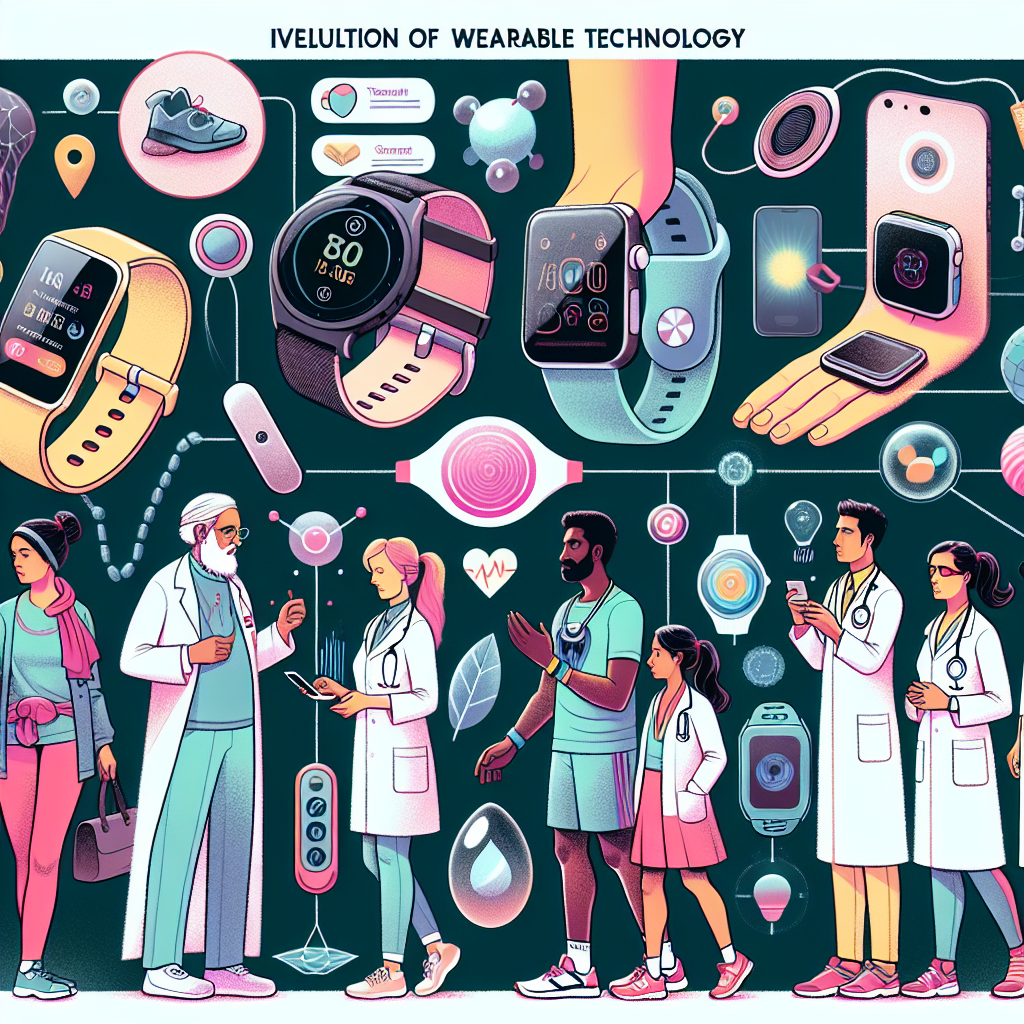In today’s digital age, data has become an essential asset for businesses and society as a whole. With the rise of technology and the internet, companies are collecting and analyzing vast amounts of data to gain insights and make informed decisions. This phenomenon, known as big data, is revolutionizing the way organizations operate and interact with their stakeholders.
Big data refers to the massive volume, variety, and velocity of data that is generated from various sources, such as social media, sensors, mobile devices, and the internet of things. This data is often unstructured and requires advanced analytics tools and techniques to extract valuable insights. By harnessing the power of big data, businesses can improve their operations, enhance customer experiences, and drive innovation.
One of the key ways big data is influencing businesses is through predictive analytics. By analyzing historical data and identifying patterns and trends, companies can forecast future outcomes and make proactive decisions. For example, retailers can use big data to predict customer preferences and tailor their marketing strategies accordingly. Financial institutions can use predictive analytics to detect fraudulent activities and manage risks more effectively.
Moreover, big data is also transforming the way organizations engage with their customers. By analyzing customer data, companies can personalize their products and services, target specific market segments, and improve customer satisfaction. For instance, e-commerce platforms use big data to recommend products based on customers’ past purchases and browsing behavior. Social media platforms use data analytics to target users with relevant advertisements and content.
In addition to business applications, big data is also playing a significant role in shaping society. Government agencies are using big data to improve public services, monitor social trends, and enhance public safety. For example, law enforcement agencies use data analytics to predict crime hotspots and allocate resources more effectively. Healthcare providers use big data to analyze patient records and identify patterns that can lead to better treatment outcomes.
However, the growing influence of big data also raises concerns about privacy and data security. With the increasing amount of data being collected and shared, there is a need to ensure that data is used ethically and responsibly. Companies must also invest in robust cybersecurity measures to protect sensitive information from cyber threats and data breaches.
In conclusion, the growing influence of big data in business and society is undeniable. By harnessing the power of data analytics, companies can make better decisions, improve operational efficiencies, and drive innovation. At the same time, it is crucial to address the ethical and security implications of big data to ensure that its benefits are realized without compromising privacy and data protection.














Leave feedback about this
You must be logged in to post a comment.